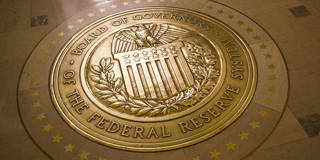As in the stagflationary 1970s, the US Federal Reserve is once again denying that its own policies are the reason for a recent surge of inflation, even though there is good reason to think that they are. It is not too late to learn from past mistakes and reverse course – but the clock is quickly ticking down.
STANFORD – Fifty years ago, on June 22, 1971, US Federal Reserve Chair Arthur Burns wrote a memorandum to President Richard Nixon that will long live in infamy. Inflation was picking up, and Burns wanted the White House to understand that the price surge was not due to monetary policy or to any action that the Fed had taken under his leadership. The issue, rather, was that “the structure of the economy [had] changed profoundly.” Accordingly, Burns was writing to recommend “a strong wage and price policy”:

STANFORD – Fifty years ago, on June 22, 1971, US Federal Reserve Chair Arthur Burns wrote a memorandum to President Richard Nixon that will long live in infamy. Inflation was picking up, and Burns wanted the White House to understand that the price surge was not due to monetary policy or to any action that the Fed had taken under his leadership. The issue, rather, was that “the structure of the economy [had] changed profoundly.” Accordingly, Burns was writing to recommend “a strong wage and price policy”: